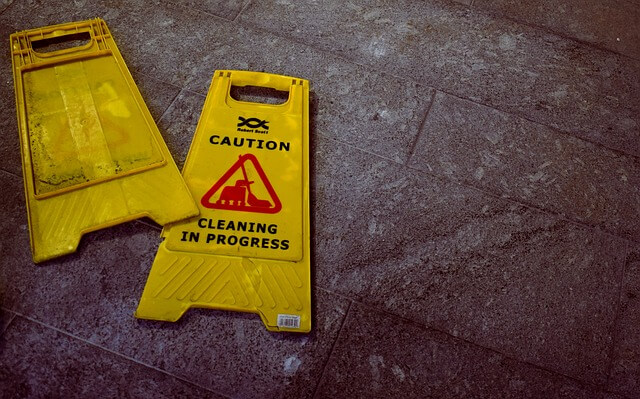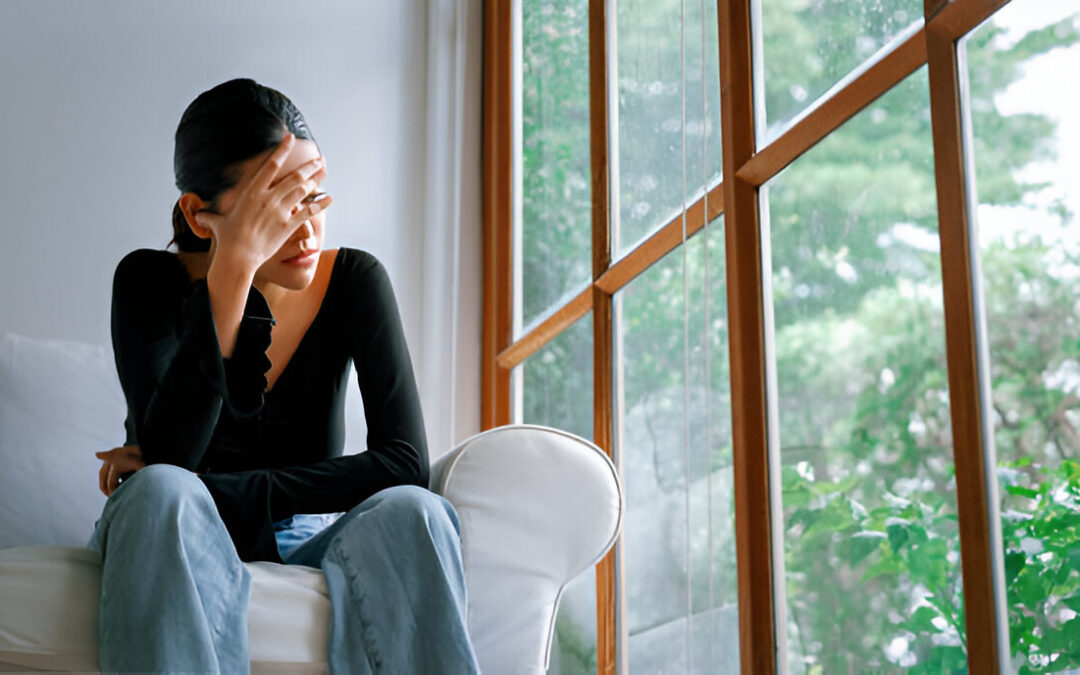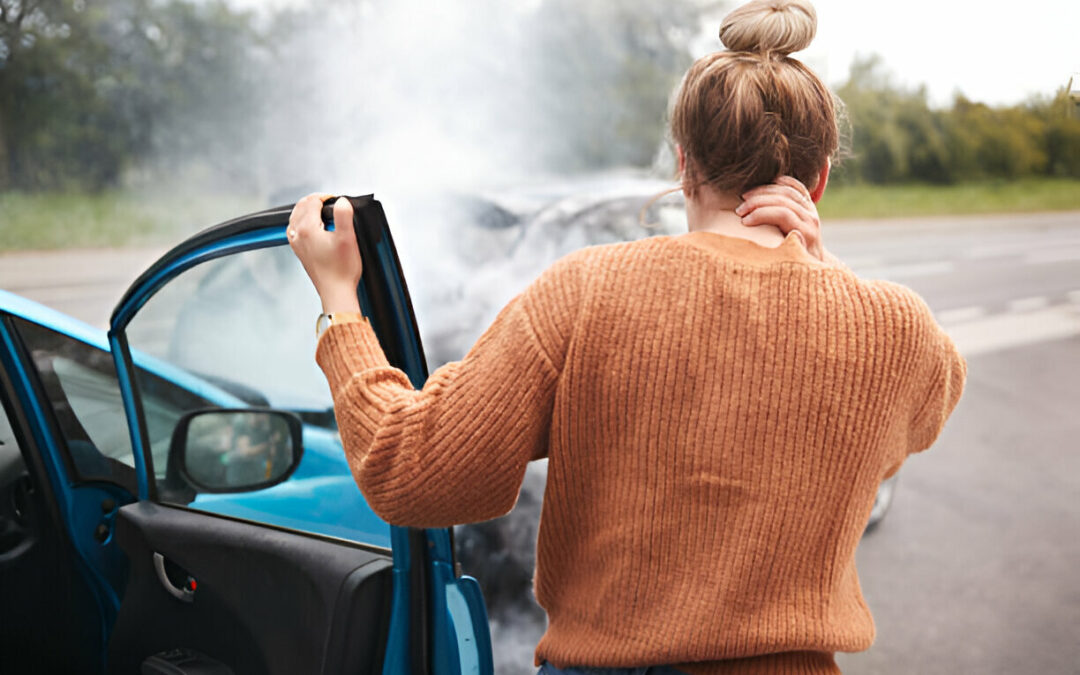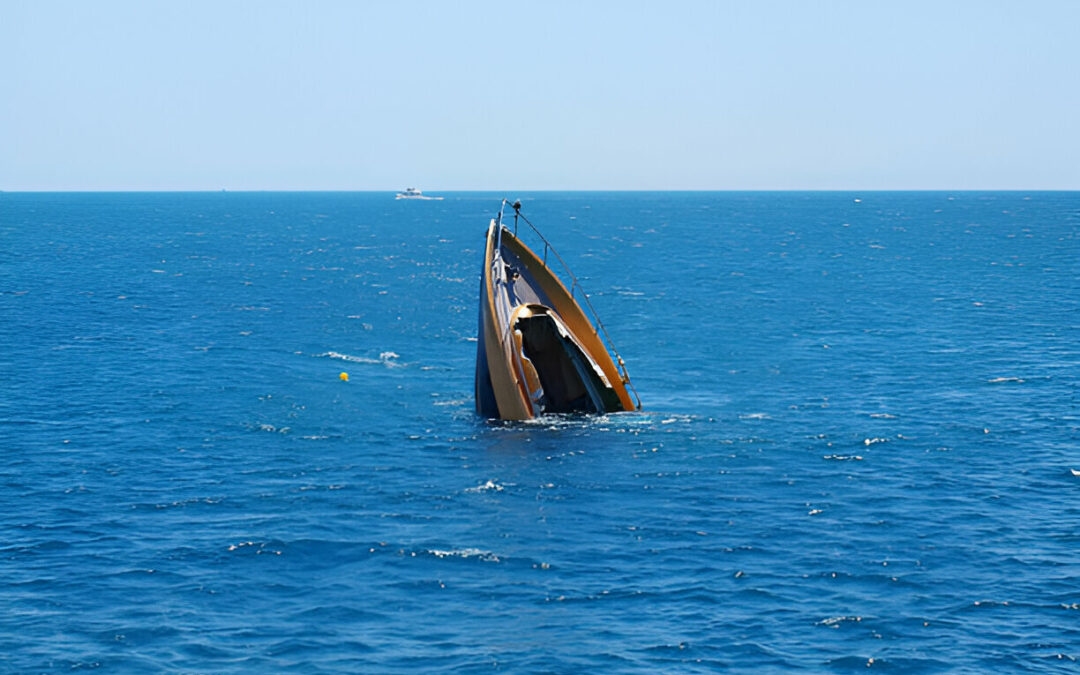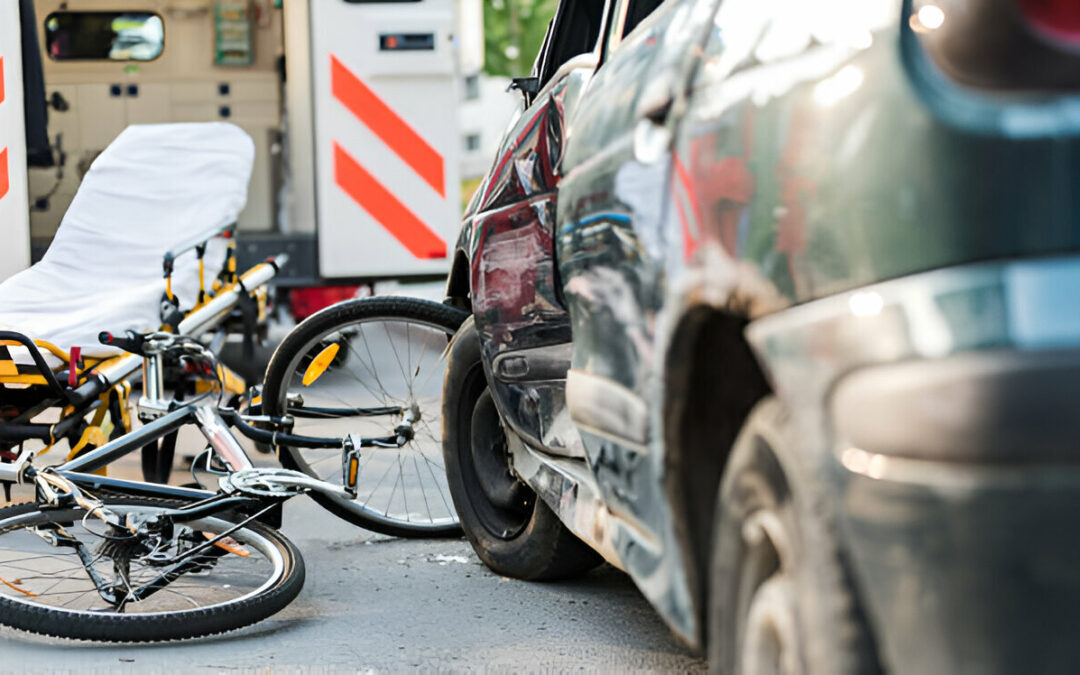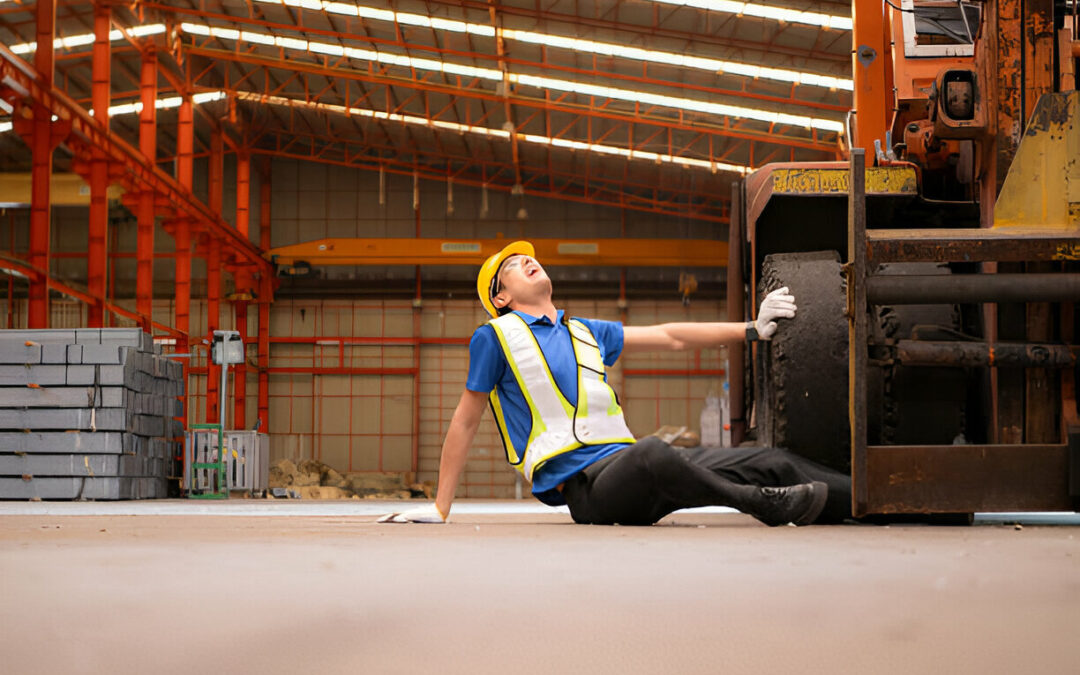As a slip and fall attorney, I spend a lot of time working with clients whose injuries could have very easily been prevented.
I once had a client who had to litigate a slip and fall case because of the negligence of the hotel staff. He was staying at a hotel in Miami Beach, and as he was taking the lobby stairs down to the pool area, he slipped and broke his back. It turns out that the staff had just hosed down the stairs to clean them without putting out a wet floor sign. My client’s injury was severe enough that it required surgery.
All because the staff didn’t bother to put out a warning sign.
I was also the slip and fall attorney for another client who was living in a condo complex. Just like any other day, she went to take the elevator so she could go to work. Little did she know that the complex’s custodian had just mopped the elevator while it was on the first floor. She didn’t know because he didn’t put out a wet floor sign. When my client stepped into the elevator, unaware of the unsafe condition of the floor, she slipped, fell, and broke her hip. Her injury also required surgery. Her case settled for around $700,000-800,000.
All of this because the custodian didn’t put out a wet floor sign.
Does a Wet Floor Sign Protect a Business from a Slip and Fall Lawsuit?
It can, but not in all situations.
At the very least, the hotel staff and the custodian should have put out some sort of visual warning to protect their guests and tenants from injury (and themselves from a lawsuit). If they really wanted to make sure that nothing bad happened, they should have put out a sign and closed off the areas until they were dry. It would have taken only a few minutes.
Let’s take a typical grocery store slip and fall case—for example, let’s say an employee just mopped the floor. They should absolutely stick a wet floor sign in the unsafe area. What the sign provides is notice to the customer (or the tenant or hotel guest in the above examples) that an unsafe condition exists. If, however, the sign is not in a prominent place that can be seen easily, then the business could still be held liable.
But just because an unsafe condition exists and the business doesn’t put out a warning sign doesn’t mean that you have a case for an injury and should go out and hire a slip and fall attorney. The laws changed several years ago, making slip and fall cases more complicated. What these laws essentially did was give businesses a break by allowing them to use notice to their advantage. Now we have to ask another question: did the business or establishment know about the unsafe conditions before the accident occurred?
In the stairway incident above, the hotel had notice because their staff created the unsafe conditions. The same goes for the condo example. But let’s say we are back in the grocery store. What if a kid knocks over a milk carton, and it spills all over the floor? If someone walks through the milk a few seconds after this occurred, then the store couldn’t have possibly known about the unsafe conditions and thus could not be held liable. However, if there were water on the floor because of a leaking refrigerator, then the store could be liable for any injuries that occur. Because it is the store’s responsibility to maintain the refrigeration equipment, they should know when one of them is leaking.
Talk to a Slip and Fall Attorney at Pacin Levine Attorneys at Law
Think you have a slip and fall case? We want to talk to you about it. Contact us today.


